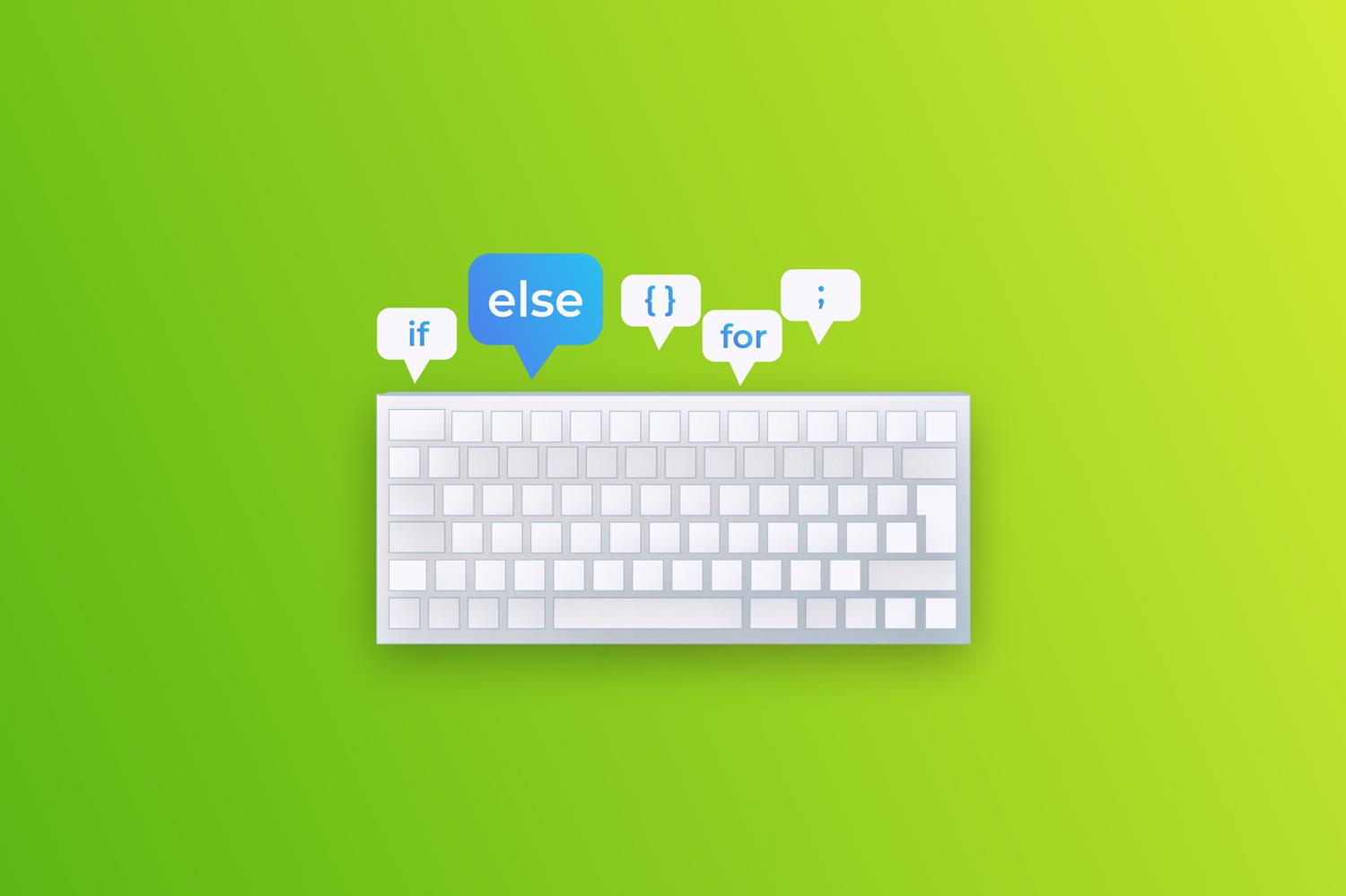Java was created in the early 90s by Green Team under leadership of James Gosling from the Sun Microsystems company. Java was invented by accident. Gosling and his team were developing a TV console. They started the development with the C++ “refining”, and they got a new language as a result.
Initially, they called the language “Oak” after the oak tree which grew near the Sun office. But very soon they found out that this title had been already registered for some computing company. That’s why they renamed the language to “Green” and then to “Java”. The language got its final name after the coffee trademark. That’s the reason why you can see the teacup on the language logo.
Java is constantly being improved. One of the most important strong points of the language is compatibility between an old and new code versions. Today, Java applications are functioning on any device or OS: computer, smartphone, or even a Tesla car. A great number of companies of any scale use this universal language. The language is widespread, and it allows Java developers to easily find an interesting job and to opt for some other business if they wish.
Now Java is so popular that there are many resources to study it. Even excessively many. Decided to study Java but got lost in the great number of materials recommended to novices? Then you’ve come to the right place: EPAM trainers have prepared a great bunch of useful links.
Documents
- docs.oracle.com/javase/tutorial – here you can find all Java «commandments».
- stackoverflow.com/questions/tagged/java – here you can find answers to questions that are likely to occur when looking through the documents.
Sites
- java.com – you can download Java free of charge. Here you can find the latest version.
- baeldung.com – Spring portal – a universal framework with a freely available source code for the Java-platform.
- mkyong.com – an extensive library of tutorials: from the Java Core to various frameworks and tools.
- javacodegeeks.com – an extensive site full of useful advices, examples and libraries.
- jcip.net – a resource necessary to study the code documentation.
Blogs
- martinfowler.com – the Blog of Martin Fowler, an author of books and articles about architecture, object-oriented analysis and development.
Books
- OCP Oracle Certified Professional Java SE Developer Complete Study Guide by Jeanne Boyarsky, Scott Selikoff
- Java Puzzlers by Joshua Block
- Clean Code by Robert C Martin
Hope these sources and materials will help you refresh all the knowledge about Java & assist you in passing the technical test for the program you've applied! Don't forget to check out the available Java courses for beginners in EPAM and register for these free educational opportunities!


_03480171.png)
_04172679.png)
_03572978.png)


_03400068.png)
